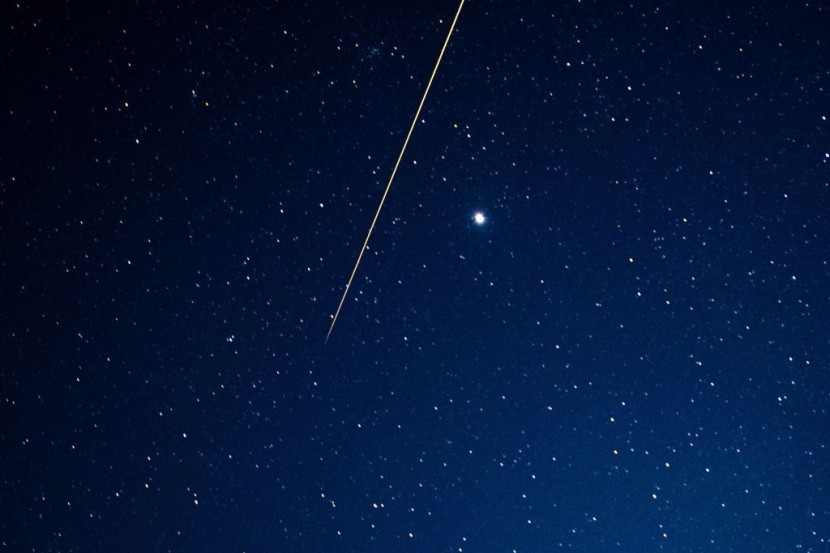
- Maine Mineral and Gem Museum offers up to a $25,000 reward for one kilogram of a meteorite
- The meteorite caused several sonic booms that were heard in Maine
- The cosmic object was visible in the sky in broad daylight from New Brunswick, Canada
A meteorite is believed to have crashed near the border between the United States and Canada. A museum in Maine is offering up to a $25,000 reward for anyone who could bring back a sample of the cosmic object.
The fireball flew across the skies over the weekend and was seen from New Brunswick, Canada. On Monday, the Maine Mineral and Gem Museum announced the reward offer for one kilogram of the meteorite.
Museum Offers $25K Reward for Meteorite Sample
The museum said that multiple sonic booms were heard from the fireball that even residents in Maine noticed. It added that NASA Doppler radar detected several meteorites from that time, as per CBS News.
In a Facebook post, the museum added that an extraordinary event occurred in Washington County. It said many residents spotted a fireball streaking through the sky in broad daylight.
Museum officials explained that most meteorites are observed during the night when the light they emit is easily contrasted against the dark background of space. However, in this particular instance, the observance of the fireball is considered to be incredibly rare.
The chair of the museum's meteorite division, Darryl Pitt, said in a press release that the time when a fireball produces sufficiently bright light to be seen in broad daylight would mean that it would be exceptionally bright if viewed during the night.
NASA noted that four radar sweeps they conducted were able to detect "signatures consistent with falling meteorites that were seen at the time and locations that several eyewitnesses reported."
According to Fox News, the space agency added that it was the first time in history that radar spotted a meteorite falling in Maine.
The Rarity of Meteorite Findings
On Wednesday, Pitt added that due to many people witnessing the phenomenon, more individuals would be willing to search for the meteorite's landing site. He added that due to the object's descent being detectable by radar, the landing site could be found on the ground.
However, even with these favorable conditions, there was no guarantee that searchers would be able to find the landing site of the meteorite. NASA added that the masses of meteorites calculated from the radar signatures range from as small as 0.004 pounds up to 0.7 pounds.
They noted that larger masses could have also landed in the region. Pitt acknowledged that finding the landing site of a meteorite in Maine was a more complex task in the world.
He said that Maine is an area that did not have many people but still had much more residents compared to where most meteorites fall, which is the ocean. Only about eight out of 10 meteorites worldwide are recovered annually out of the hundreds seen falling on our planet's surface, said CNN.
Related Article: NASA Reports Huge Asteroid Heading Towards Earth








